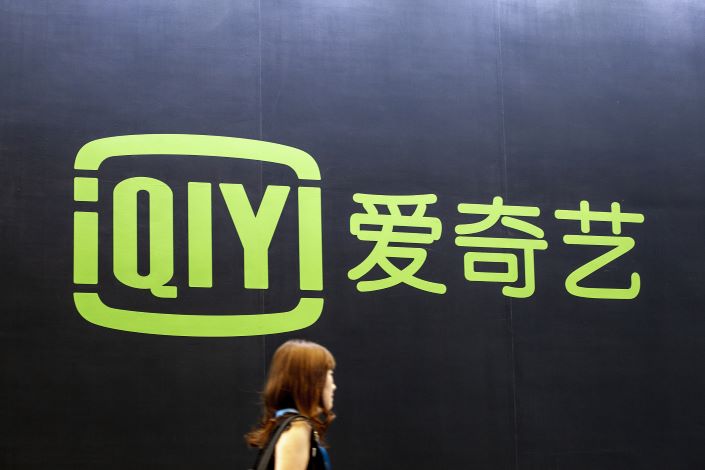Chinese video streaming giant iQiyi is deepening localization in Southeast Asia with plans to establish local teams in East Asia and the Middle East in future.
That was the message delivered by Yang Xianghua, president of iQiyi’s membership and overseas business group, at recent media industry forum APOS 2020 Virtual Series, according to a company statement released on Wednesday.
Yang said that iQiyi is now in the process of establishing local offices in a number of Southeast Asian countries including the Philippines, Malaysia, Indonesia and Thailand, according to the statement.
Southeast Asia is a key part of iQiyi’s overseas expansion plans, which the company officially announced in 2019 with the launch of the international version of its app that offers content in multiple languages.
Chief Executive Gong Yu, iQiyi’s founder, told Reuters in December that the company aims to make paying subscribers based outside China account for half of the total within the next five years.
The importance the company is placing on this plan could be reflected in its new management appointments last week, when three industry veterans were named country managers to oversee the localization and development of iQiyi’s business in the Philippines, Malaysia, Singapore, Brunei and Indonesia. In addition, Yang said that iQiyi has also made plans to set up local teams in South Korea, Japan and the Middle East, according to the statement.
Yang said iQiyi sees partnering with smart TV and smartphone makers as its top priority, particularly at a time when global governments are accelerating the deployment of the super-fast 5G wireless networks.
IQiyi’s staffing arrangements or content plans for its expansion were not mentioned in the statement, but the company’s headquarters in Beijing and Singapore have released plans to support its overseas teams in the production of content that caters to local tastes. Previously, iQiyi has admitted that cultural barriers remain a major obstacle to its global expansion.
– This article originally appeared on Caixin Global.






